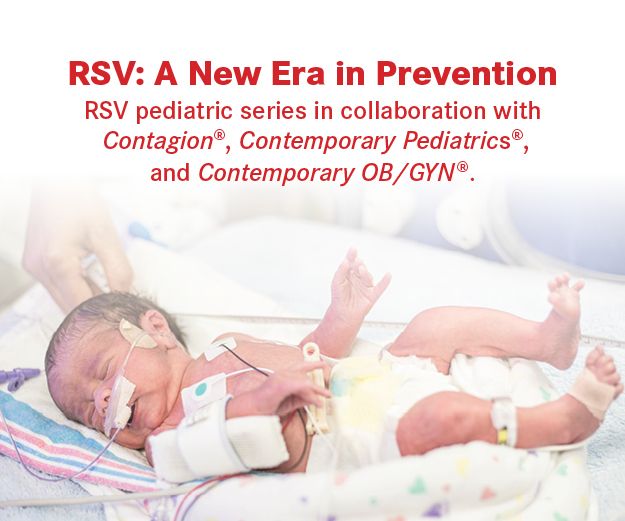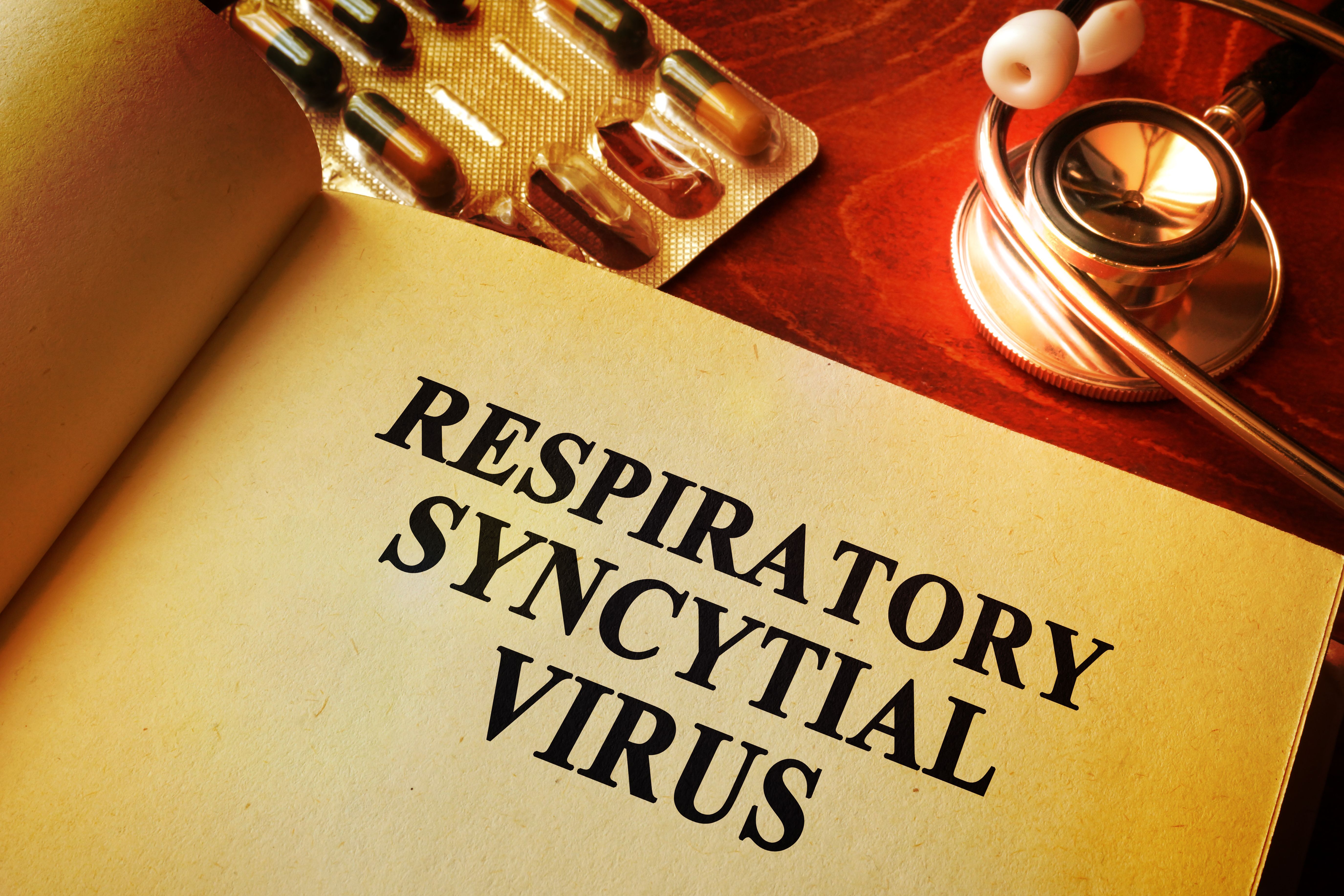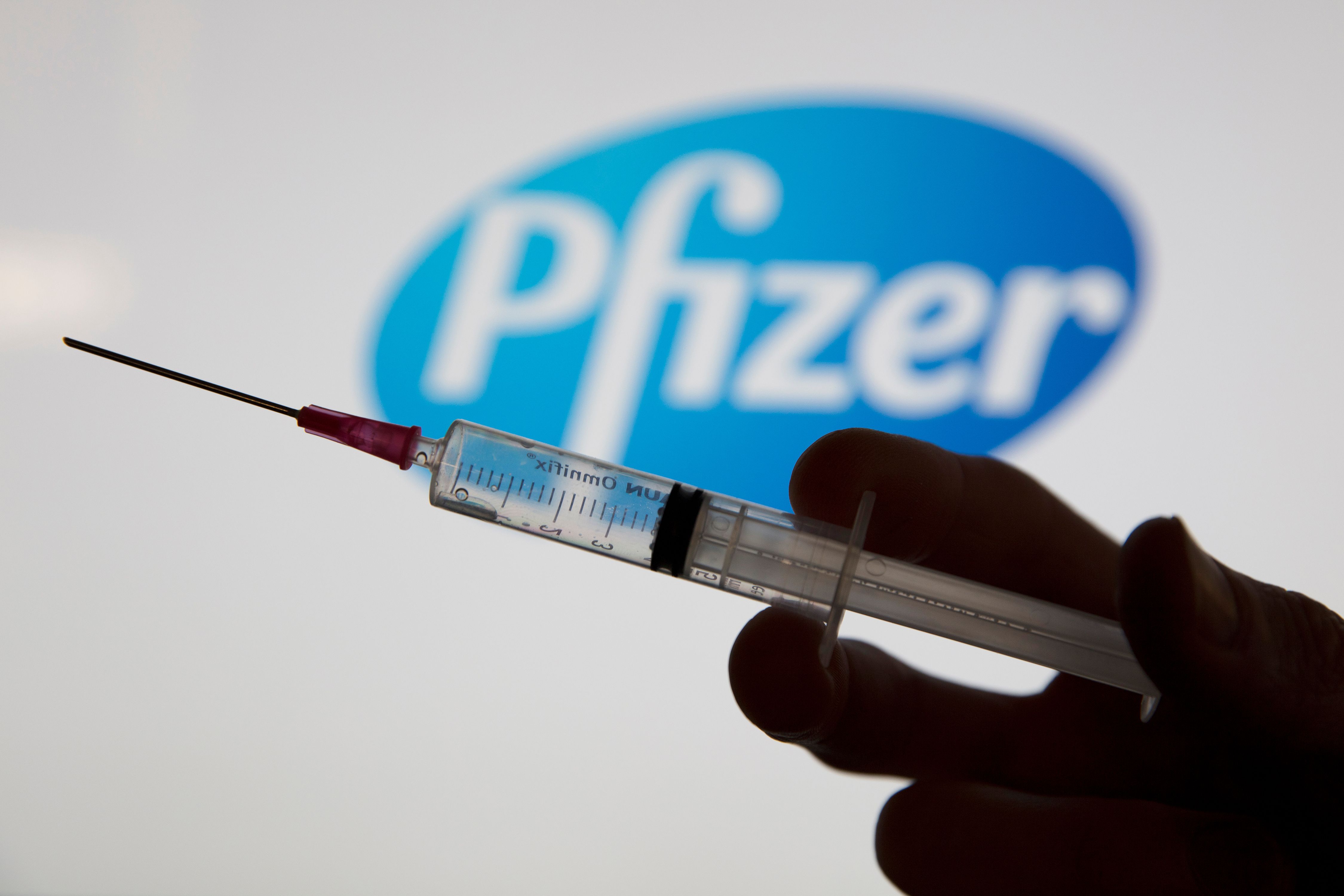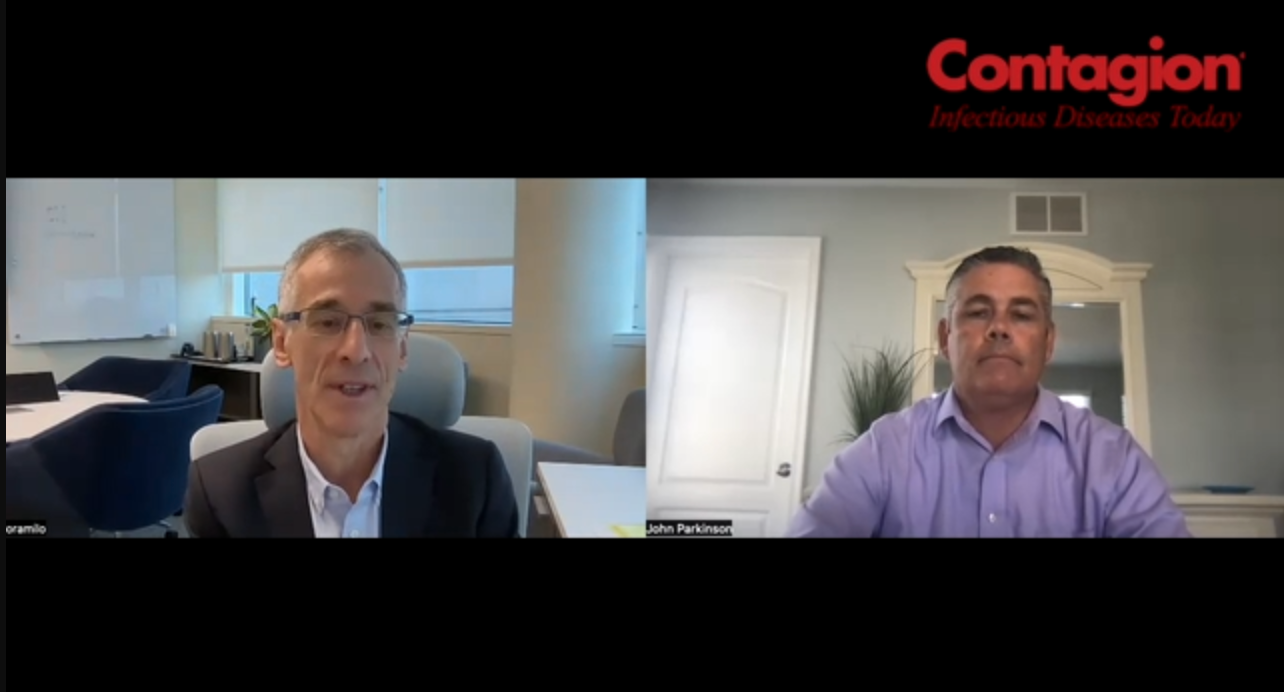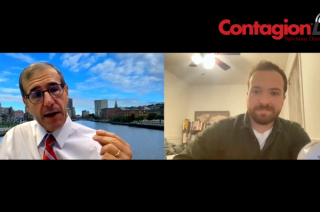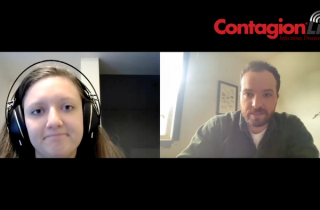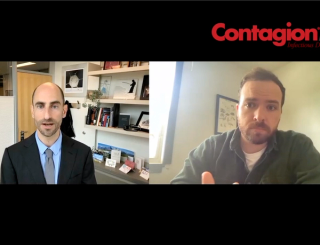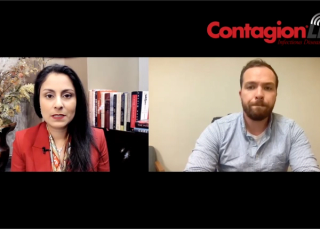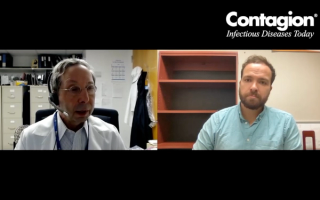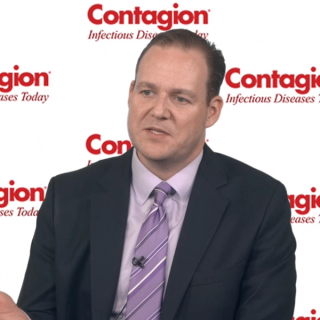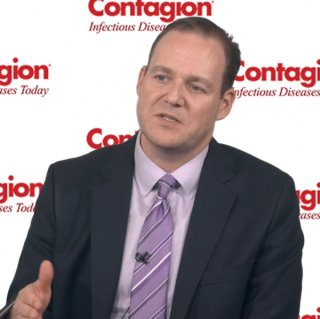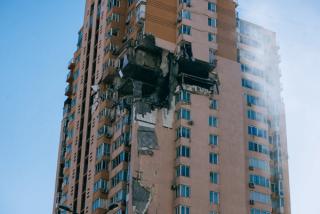
Respiratory Infections
Latest News
Latest Videos

CME Content
More News
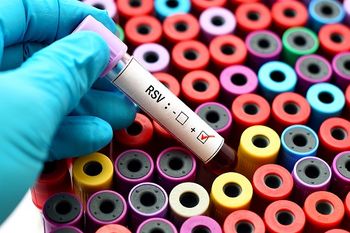
The lawsuit comes as the RSV market is likely to get more crowded, with a pending approval for Pfizer's pediatric indication later this month and a BLA submission from Moderna recently filed.

The federal agency’s Advisory Committee on Immunization Practices (ACIP) also added the recently approved therapeutic to the Vaccines for Children program.
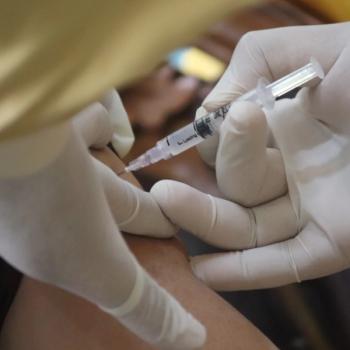
The vaccine targets an additional 8 unique serotypes that disproportionally affect the adult population.

The monoclonal antibody is indicated for the prevention of respiratory syncytial virus (RSV) in newborns, infants, and young children.
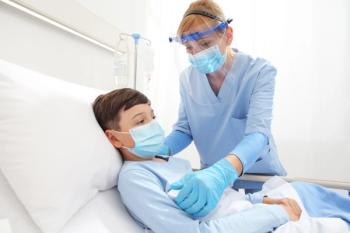
More symptoms, older age, and longer hospitalization time increased the risk of post-COVID-19 conditions (long COVID) in children.

Researchers investigated abatacept, cenicriviroc, and infliximab, but found that these medications did not significantly impact the time to recovery from COVID-19 pneumonia compared to placebo.
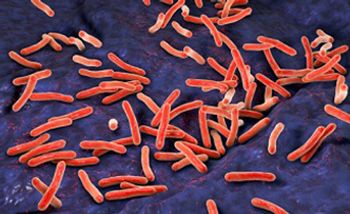
The vaccine candidate, M72/AS01E (M72), could potentially become the first new vaccine to help prevent pulmonary TB, a form of active TB, in more than 100 years.
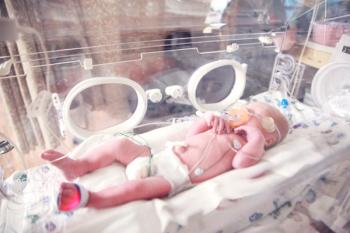
COVID-19 Infection Reduces the Risk of UTIs, Bacteremia, and Bacterial Meningitis in Febrile Infants
Infants with non–COVID-19 viruses had a lower risk of UTIs, bacteremia, and bacterial meningitis, while those with COVID-19 had the lowest risk.
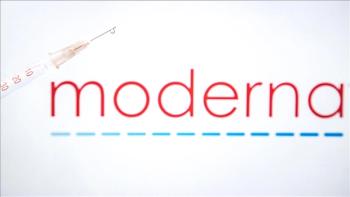
Moderna's RSV vaccine (mRNA-1345) moves closer to regulatory approval with positive data and key submissions to the US FDA, European Medicines Agency, Switzerland's Swissmedic, and Australia's Therapeutic Goods Administration.
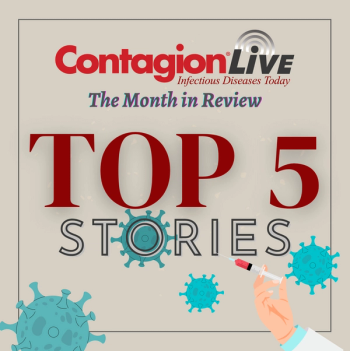
From FDA recalls to a new COVID-19 variant, infectious disease news did not slow down in June. Catch up with Contagion's monthly recap of our most-clicked articles.
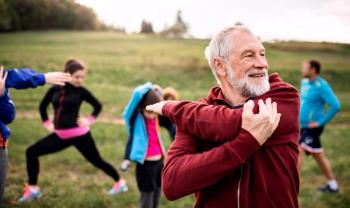
Aerobic activity and muscle strengthening exercises reduced the risk of pneumonia or influenza mortality, even when the exercises were completed less frequently than recommended.

As of today, the new GSK and Pfizer RSV vaccines are authorized for adults 60 years and older. With CDC Director Dr. Rochelle Walensky’s endorsement, the vaccines are expected to be available as soon as this fall.

Even low levels of air pollution make COVID-19 worse, this study found. Air pollution exposure was associated with more severe disease, longer hospitalization periods, and an increased likelihood of intensive care admission.

Older adults should receive the GSK or Pfizer RSV vaccine this fall, the CDC’s Advisory Committee on Immunization Practices (ACIP) voted yesterday. The recommendation is expected to be finalized by CDC director Dr. Rochelle Walensky.
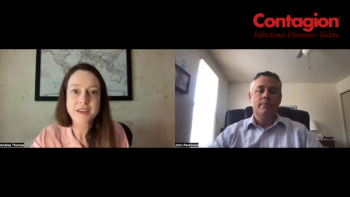
A company has developed an intelligence platform for better understanding influenza and other viral trends.
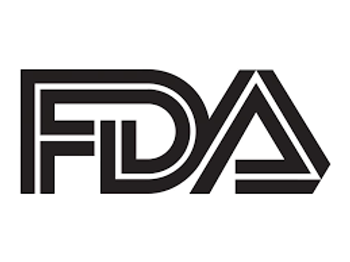
After an all-day meeting, the FDA’s Antimicrobial Drugs Advisory Committee has voted to recommend nirsevimab (Beyfortus) for the prevention of respiratory syncytial virus (RSV) disease in infants.
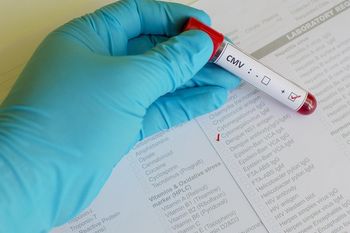
COVID-19 and CMV coinfection caused the premature aging of immune systems, leading to a greater risk of cardiovascular disease at an earlier age, the study authors said.

Following household COVID-19 transmissions for over 3 years, investigators found that 70.4% had a pediatric index case.

Findings indicate that while the severity of health impairment decreases over time, 18% of unvaccinated participants still experience symptoms up to 2 years after infection.
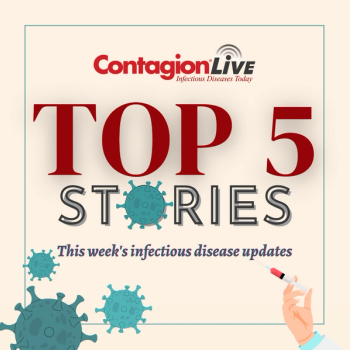
From outbreaks to breakthroughs, these are the biggest infectious disease headlines from the past week.

How does the diagnosis rate of mental health disorders after COVID-19 compare to that of other respiratory infections?
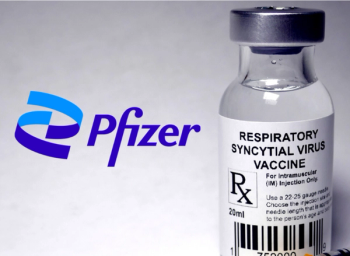
The FDA's decision to approve Abrysvo was based on data from a Phase 3 clinical trial, which demonstrated the RSV vaccine's efficacy, immunogenicity, and safety in adults aged 60 and older.
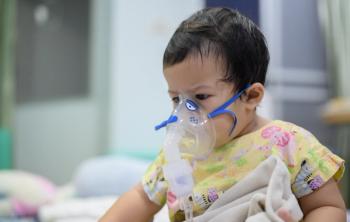
The Omicron variant caused the most symptoms in pediatric patients. However, there were no differences in adverse outcomes by COVID-19 variant.
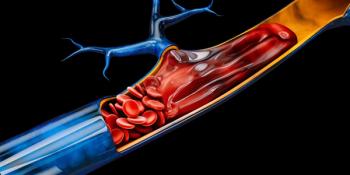
Anticoagulant treatment for 3 to 6 months was sufficient for the majority of COVID-19 patients with venous thromboembolism, the study authors found.
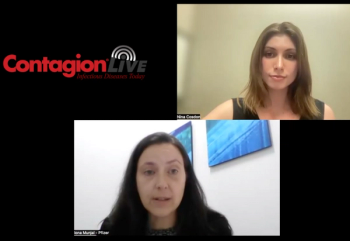
Pfizer's RSVpreF vaccine candidate has shown promising efficacy in preventing severe lower respiratory illness caused by RSV in infants. With the potential approval of RSVpreF, pediatric care could undergo a significant positive change.

